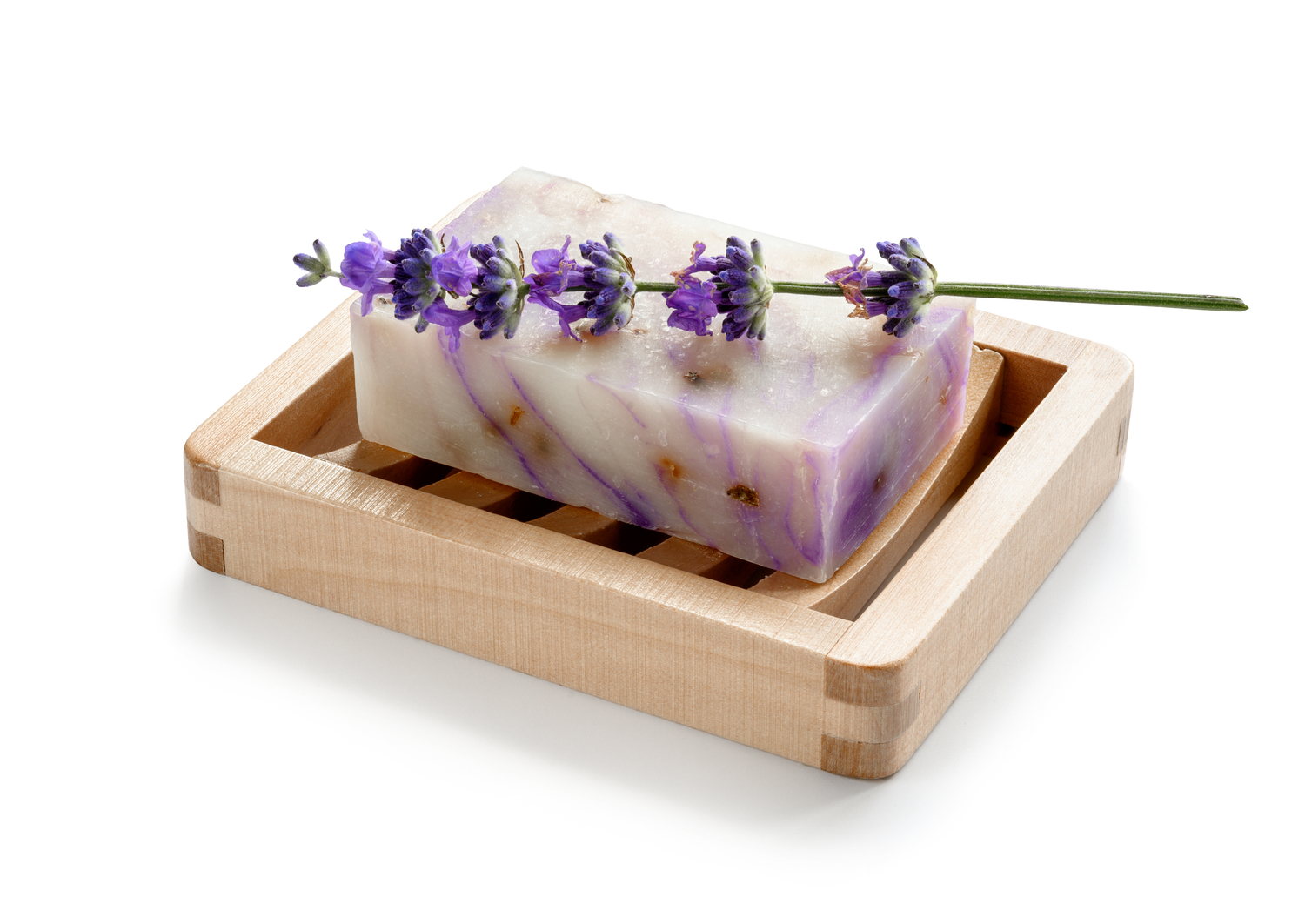
Soaps That Trigger Eczema
Eczema is a chronic skin condition that may be experienced by all age groups. While the symptoms of eczema and atopic dermatitis may vary, they generally include redness, dry skin, itchiness, rash, and scaly patches. Likewise, the substances that cause eczema may be different for each person.
No one is certain why some people experience eczema, and others don’t, but it is thought to be genetic. A family history of allergies, eczema, and asthma increases the risk of getting this condition. Ingredients in soaps may trigger an eczema flare. Here are substances that you should avoid:
1. Soaps containing methylchloroisothiazolinone and methylisothiazolinone
Methylisothiazolinone (or MI) is a preservative used in some soaps and body washes, shampoo and conditioners, and cleaners. Added to water-based products to prevent mold and bacteria, MCI (methylchloroisothiazolinone) and MI cause eczema symptoms, including inflammation, redness, itchiness, and scaly skin. To avoid these symptoms, check the ingredients on the products you use or consult with the manufacturer.
2. Soaps with propylene glycol
This substance is added to soaps to improve product texture and enhance skin conditioning. It helps the skin to retain moisture and look smooth. However, it is also an irritant and is known to trigger or worsen eczema and atopic dermatitis. If you are sensitive to this substance, stop using it, and consider donating unopened packages.
3. Antibacterial soaps
Washing our hands with soap and water removes bacteria and viruses. The lather mixes with the bacteria, and they are rinsed down the drain. However, some soaps have antibacterial compounds added to them to kill or slow the growth of bacteria on our skin. While antibacterial soaps are harmful to bacteria, they are also not kind to people with atopic dermatitis. Even a low concentration may be enough to trigger an eczema flare in susceptible people.
4. Strong fragrance soaps
For many people, fragrances are pleasant additions to soaps. Some of us even select soap by the smell. For some eczema patients, strongly-scented soaps cause redness, rash, or itch on their skin. Even a scent made from a flower or leaf can cause a reaction. While a soap without fragrance may not give your skin the extra pop of freshness, it will also help prevent redness and other eczema symptoms.
5. Soaps with cocamidopropyl betaine
Cocamidopropyl Betaine made from coconut oil, is added to soaps as a foaming agent. It creates a thick, creamy lather that helps to release the dirt and oil on your skin. Even though it is derived from coconuts, it can cause your skin to become red and itch.
6. Soaps with botanical oils
Botanical oils are derived from plants. Rosehip, lavender, primrose, and almond oils are sometimes added to soap for their fragrance and skin-nourishing properties. Unfortunately, even natural products like botanical oils or herbal products can cause skin issues. If your skin is red or itchy, try a soap without botanical oils.



